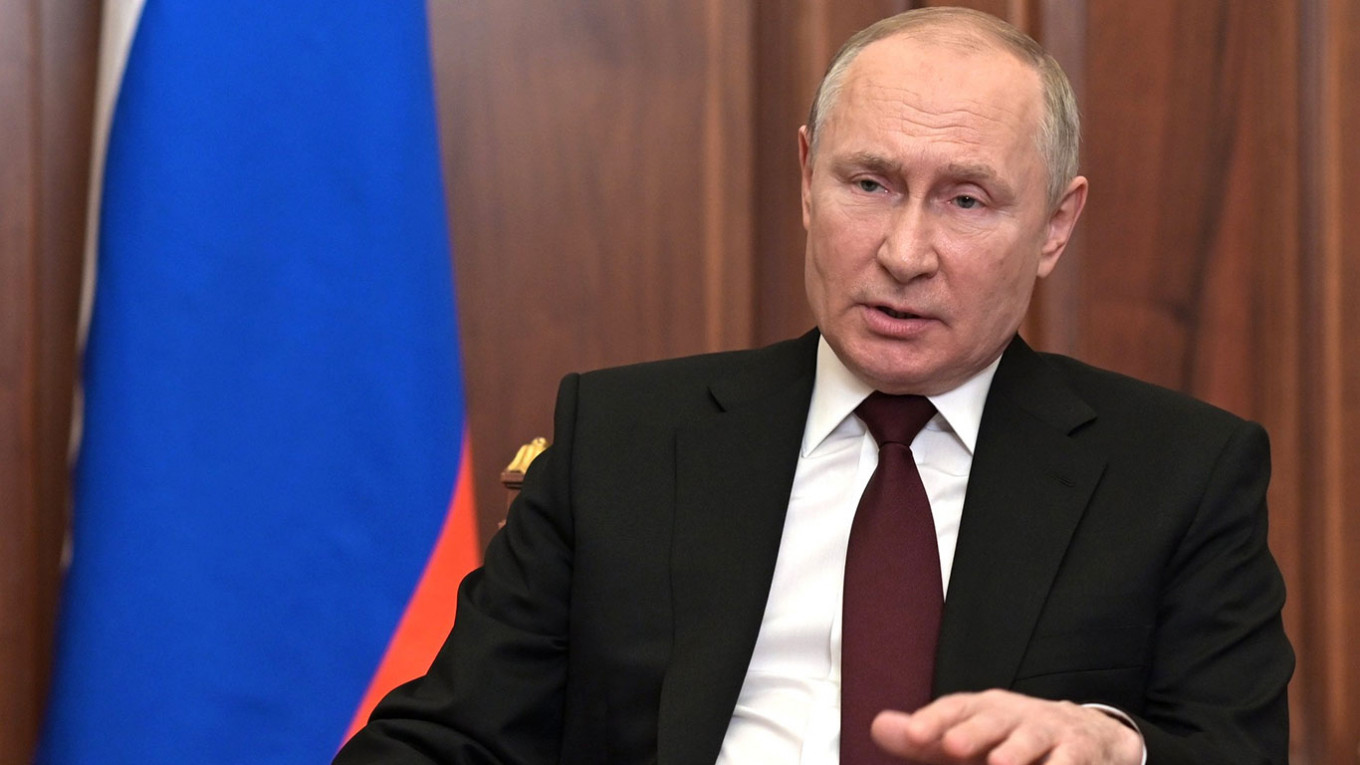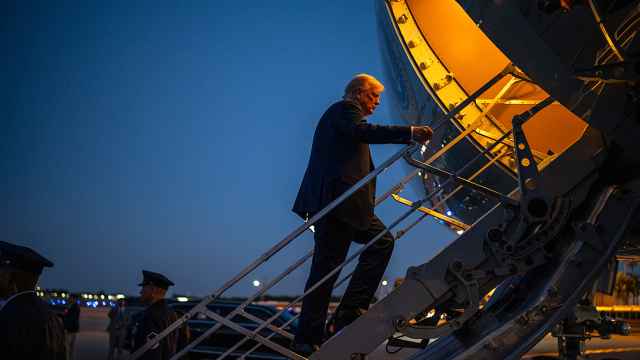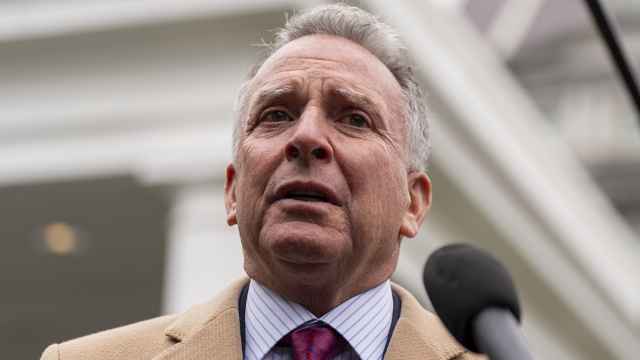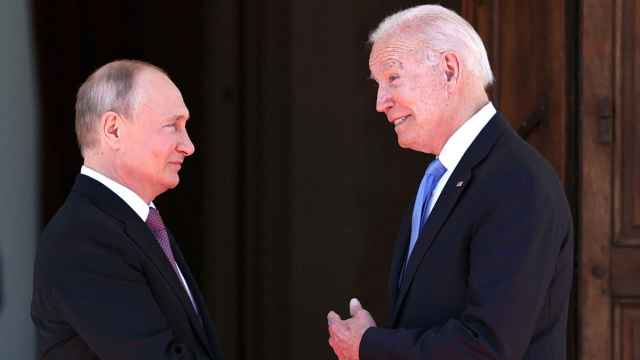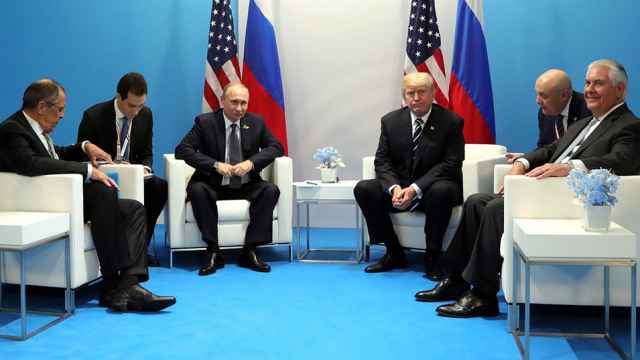U.S. intelligence chiefs on Tuesday branded Russia's Vladimir Putin an "angry," isolated leader craving global clout, frustrated about how his Ukraine invasion has not gone to plan and lobbing provocative nuclear threats at the West.
The long-standing president in Moscow has been "stewing in a combustible combination of grievance and ambition for many years," CIA Director William Burns told U.S. lawmakers.
He called the invasion of Ukraine a matter of "deep personal conviction" for Putin, his latest defiant clash with Europe and the United States.
"I think Putin is angry and frustrated right now. He's likely to double down and try to grind down the Ukrainian military with no regard for civilian casualties," Burns said at a congressional hearing on global threats.
The Russian strongman has encountered a tidal wave of opprobrium for the deadly invasion, leaving him isolated like never before.
The U.S. intelligence community warned of the potential for Putin to lash out, especially noting an elevated nuclear threat.
Lieutenant General Scott Berrier, director of the Pentagon's Defense Intelligence Agency, said Russia under Putin has been working overtime to modernize its weaponry, particularly smaller-yield nuclear weapons.
Putin has "invested in tactical nuclear weapons," Berrier said. "I believe that he thinks that gives him an asymmetric advantage."
Putin took the shock step last month of putting Russia's nuclear forces on high alert.
Some U.S. officials have privately expressed concern that, in a worst-case scenario, he might order deployment of such mini-nukes on a city.
'Obsessed' and paranoid
Director of National Intelligence Avril Haines said "Putin's nuclear saber-rattling" has put the West on notice.
"We assess Putin feels aggrieved the West does not give him proper deference, and perceives this as a war he cannot afford to lose," Haines told the panel.
"But what he might be willing to accept as a victory may change over time," she said.
The invasion has produced "a shock to the geopolitical order with implications for the future that we are only beginning to understand, but are sure to be consequential."
With Putin under immense pressure, his circle of close advisors is getting "narrower and narrower," the CIA's Burns said.
In such a system, "it's not proven career enhancing for people to question or challenge his judgment."
A top U.S. diplomat also weighed in before Congress to label Russia's president an "obsessed," paranoid leader who has created a "bed of lies" and tested the very foundations of international law.
"Over the years, President Putin's imperial ambition has grown and he is dissatisfied with the last 30 years of Russian history," Undersecretary of State for Political Affairs Victoria Nuland told Congress in a separate hearing.
He has longed "to be the guy that helps recreate the Soviet Union," she said of Putin, a KGB officer at the time of the U.S.S.R.'s disintegration, which he saw as a personal defeat.
With his intentions laid bare by the war, and his recent comments suggesting Ukraine is not a legitimate nation independent from Russia, "I think his interior mind is now out there for everybody to see," Nuland added.
A Message from The Moscow Times:
Dear readers,
We are facing unprecedented challenges. Russia's Prosecutor General's Office has designated The Moscow Times as an "undesirable" organization, criminalizing our work and putting our staff at risk of prosecution. This follows our earlier unjust labeling as a "foreign agent."
These actions are direct attempts to silence independent journalism in Russia. The authorities claim our work "discredits the decisions of the Russian leadership." We see things differently: we strive to provide accurate, unbiased reporting on Russia.
We, the journalists of The Moscow Times, refuse to be silenced. But to continue our work, we need your help.
Your support, no matter how small, makes a world of difference. If you can, please support us monthly starting from just $2. It's quick to set up, and every contribution makes a significant impact.
By supporting The Moscow Times, you're defending open, independent journalism in the face of repression. Thank you for standing with us.
Remind me later.


